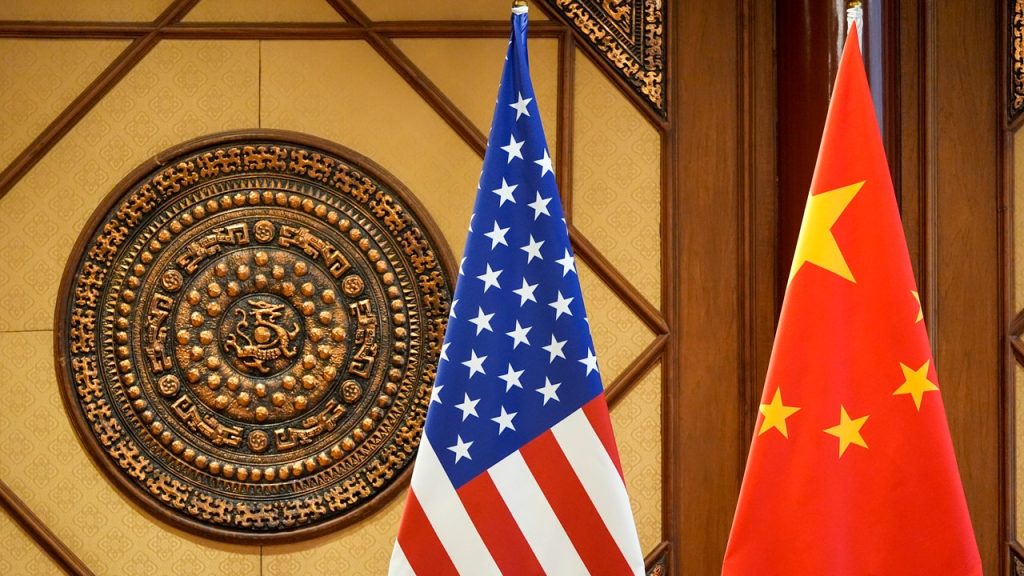The Pew Research Center conducted an annual survey that found over 40% of Americans now view China as an enemy, up from a quarter two years ago and reaching the highest level in five years. Half of Americans see China as a competitor, with only 6% considering the country a partner. This shift in public perception comes as the Biden administration seeks to stabilize U.S.-China relations while countering China on various global issues. Despite recent efforts to manage competition with Beijing responsibly, President Joe Biden has been in competition with former President Donald Trump on being tough on China.
The survey, conducted from April 1-7 with 3,600 U.S. adults, revealed that roughly half of Americans believe limiting China’s power and influence should be a top U.S. foreign policy priority, with only 8% not prioritizing it at all. For the fifth consecutive year, about eight in 10 Americans have held an unfavorable view of China, with 81% of U.S. adults viewing the country unfavorably and 43% holding a very unfavorable opinion. Chinese President Xi Jinping also received negative ratings, with around 80% of Americans expressing little to no confidence in him to do the right thing regarding world affairs.
Negative attitudes toward China have intensified following the U.S.-China trade war initiated in 2018 and the emergence of COVID-19, first reported in China. Beijing’s human rights record and policies towards Taiwan and Hong Kong have further contributed to Americans’ negative views of China. The U.S. government has been vocal about competing with China economically and diplomatically, which has influenced public sentiment towards the country. Additionally, Republican-leaning individuals, older Americans, and those with negative perceptions of the U.S. economy are more likely to view China as an enemy.
The survey also highlighted that Republicans and Republican-leaning independents were more inclined to consider China as an enemy compared to Democrats and Democratic-leaning individuals. Americans tended to view China more negatively when they perceived China’s influence in the world as strong, or when they believed China had a significant impact on the U.S. economy. Pessimism about the U.S. economy also influenced perceptions of China, with those who viewed the economic situation negatively more likely to see China unfavorably and as an enemy. The survey was conducted using a nationally representative sample of 3,600 respondents through online surveys, with a margin of error of plus or minus 2.1 percentage points.
Overall, the Pew Research Center’s survey revealed a significant increase in the number of Americans viewing China as an enemy, with public sentiment increasingly critical of the country. The findings underscore the complex dynamics of U.S.-China relations and the challenges faced by the Biden administration in navigating this critical geopolitical relationship. As tensions continue to simmer between the two global powers, understanding and addressing the factors that shape public perceptions and attitudes towards China are crucial for policymakers and stakeholders seeking to effectively manage this complex relationship.


